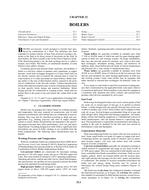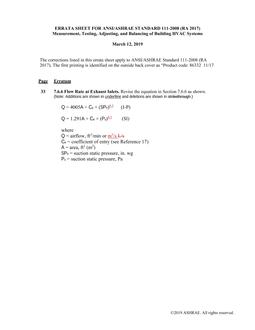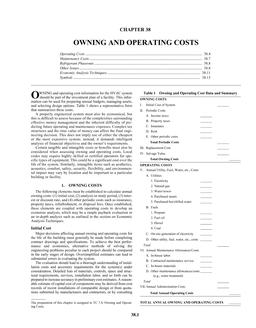Click here to purchase
This paper aims to study the impact of introducing the return air concept into rooms conditioned by chilled ceiling displacement ventilation (CC/DV) system to save energy while limiting a time-dependent return fraction based on room load in order to maintain an acceptable air quality in the breathing zone. A transient coupled thermal and contaminant transport model is needed to assess the indoor air quality based on predicted levels of carbon dioxide concentrations in the radiantcooled space under varying load conditions. For that reason, the Kanaan et al. (2010) contaminant transport model in CC/DV conditioned spaces is extended to transient applications that have substantial wall plumes induced by external loads.
Experiments are performed to validate the extended model predictions of air quality expressed in the level of CO2 concentration in spaces conditioned by CC /DV system. Experiments are conducted in a chamber with two external walls in Kuwait Climate. Measurements are recorded in time of the air temperature and carbon dioxide concentration at selected location in the room and are compared with values predicted by the model. The experimental results agreed well with extended contaminant transport model predictions. The maximum errors in predicted CO2 concentrations are less than 25ppm in presence of external load. It was also found that the mixing fraction reaching up to 60% resulted in 37% less energy consumption of the system when compared with 100% fresh air CC/DV system.
Citation: ASHRAE Conference Papers, Montreal, QC
Product Details
- Published:
- 2011
- Number of Pages:
- 9
- File Size:
- 1 file , 870 KB
- Product Code(s):
- D-ML-11-C009


